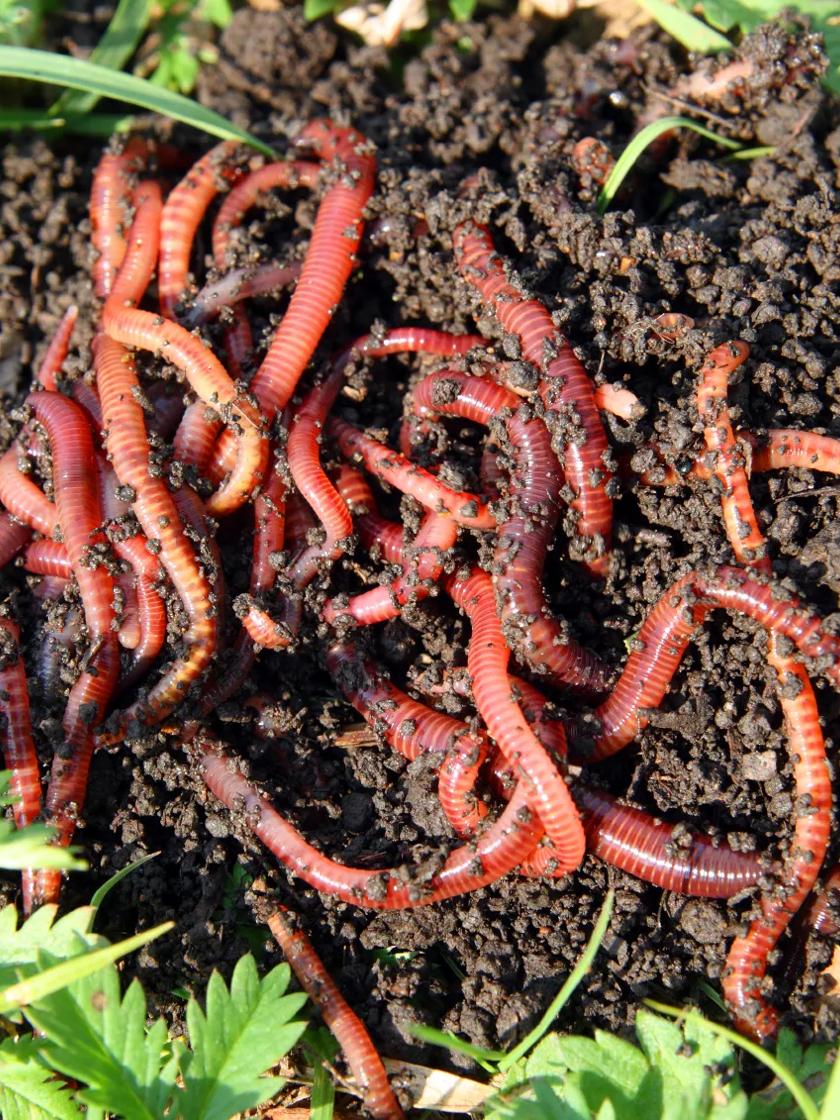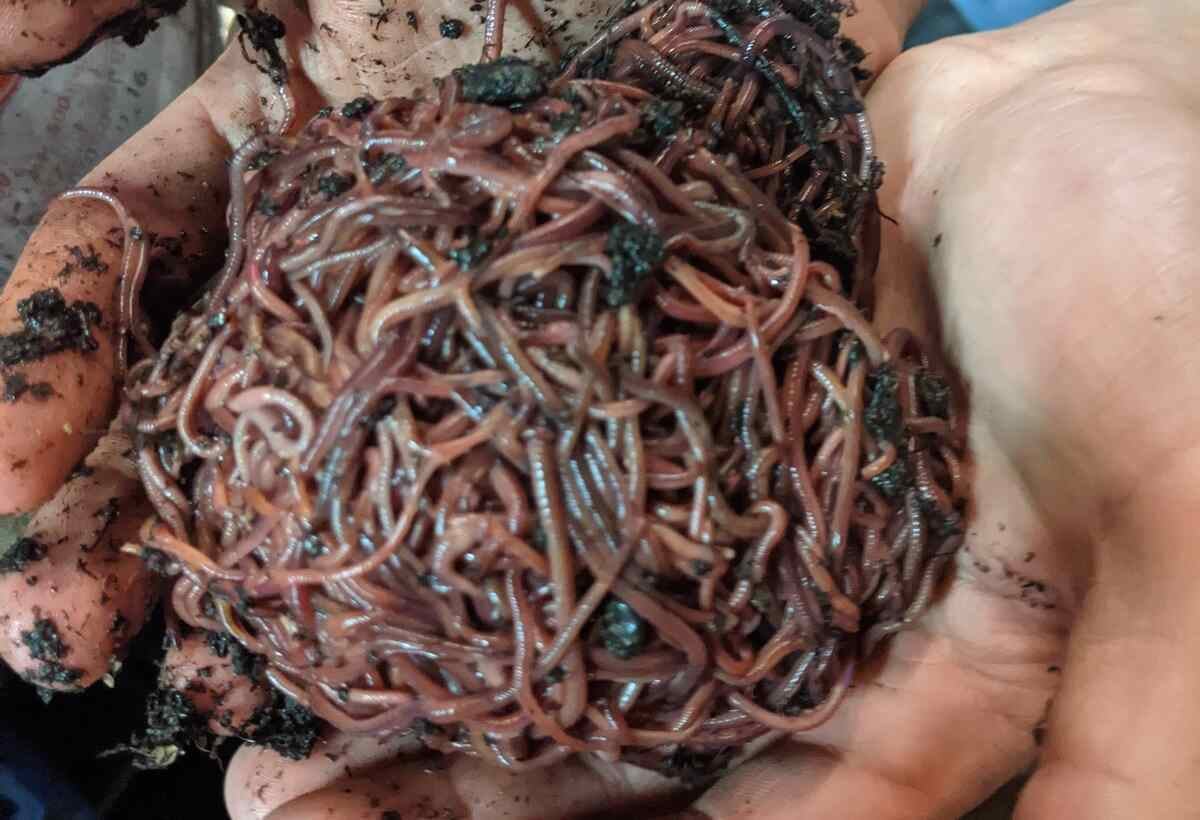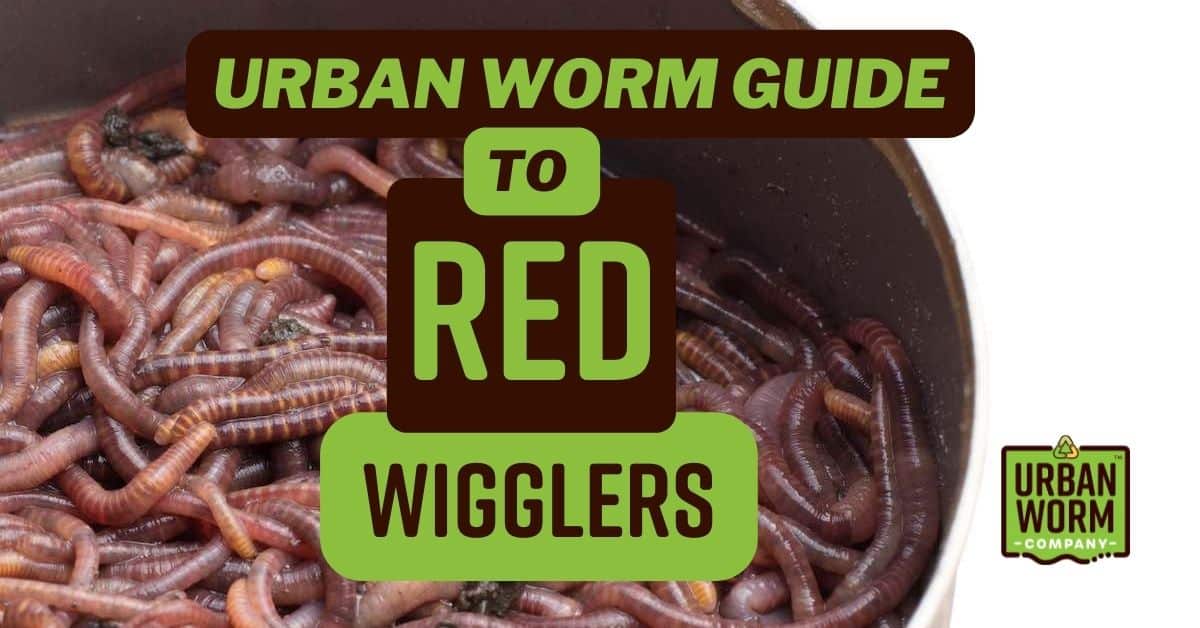Organic Composting with Red Wiggler Worms - Boost Your Garden's Development
Organic Composting with Red Wiggler Worms - Boost Your Garden's Development
Blog Article
Red Wiggler Worms Demystified: Unlocking the Secrets of Vermiculture for Greener Living and Nutrient-Rich Soil
In the realm of sustainable practices for enriching dirt top quality and promoting eco-conscious living, red wiggler worms play a critical yet often overlooked duty. Red Wiggler Worms. Recognizing the intricacies of caring for these worms, optimizing their setting, and utilizing their spreadings can lead to a greener lifestyle and much healthier dirt for plants to thrive.
The Role of Red Wiggler Worms
Red Wiggler worms play a crucial role in composting systems by effectively breaking down raw material right into nutrient-rich castings. These ravenous eaters take in a variety of natural products, such as cooking area scraps, lawn waste, and paper products. As they feed, the worms' gastrointestinal procedures damage down the raw material into a fine, dark, and nutrient-dense product referred to as worm spreadings or vermicompost.
The spreadings generated by Red Wiggler worms are very helpful for soil wellness and plant growth. They are abundant in important nutrients like potassium, nitrogen, and phosphorus, which are crucial for supporting healthy plant development. Furthermore, worm spreadings consist of valuable microorganisms and enzymes that help boost dirt framework, rise water retention, and improve nutrient uptake by plants.
Benefits of Vermicomposting

It improves dirt structure, improves soil aeration, and enhances dirt wetness retention. Vermicompost additionally improves the dirt with important nutrients like potassium, phosphorus, and nitrogen, advertising plant development and overall soil fertility.
Furthermore, vermicomposting supports lasting horticulture methods by supplying a chemical-free and all-natural option to synthetic plant foods. Red Wiggler Worms. This eco-friendly approach not only enhances the soil but likewise helps in reducing reliance on unsafe chemicals, advertising a greener and a lot more lasting way of gardening
Setting Up a Worm Container
When developing a worm bin for vermicomposting, correct arrangement is important to guarantee the success of the composting process. The initial action in establishing up a worm bin is picking a suitable container.
After adding the bed linens, introduce the red wiggler worms to the container. The worms must after that be supplied with food scraps such as fruit and vegetable peels, coffee premises, and eggshells.
Consistently check the dampness degrees and temperature level in the worm bin to news make certain ideal conditions for the worms. With proper setup and upkeep, the worm bin will efficiently convert organic waste right into nutrient-rich garden compost for your plants and garden.
Gathering Worm Castings
To efficiently collect nutrient-rich worm castings from your vermicomposting system, a systematic harvesting approach is essential. There are a couple of crucial steps to comply with to guarantee an effective procedure when it comes time to harvest the worm castings. To start with, quit including fresh food scraps to one side of the worm bin for a pair of weeks before collecting. This motivates the worms to move sideways with fresh bedding and food, making it less complicated to scoop out the castings from the opposite.

Troubleshooting Common Issues
Determining and addressing typical difficulties that may arise during the vermicomposting procedure is critical for maintaining a effective and healthy worm bin. Including excess food scraps can lead to an accumulation of wetness and acidity in the worm container, potentially harming the worms. One more problem is undesirable smells originating from the worm container.
In addition, if the worm population is declining or the worms show up undesirable, it could be as a result of ecological stress factors such as severe temperature levels or pH degrees. Checking these aspects and making required changes is necessary for the health of the worms. By troubleshooting these typical concerns immediately, vermicomposters can make sure a effective and smooth vermicomposting process while preserving a flourishing worm populace.

Final Thought
In final thought, red wiggler worms play a crucial duty in vermiculture by damaging down raw material into nutrient-rich soil. The advantages of discover this info here vermiculture consist of greener living and improved soil top quality. Establishing a worm container is vital for successful vermiculture, and gathering worm spreadings provides valuable compost for horticulture. By recognizing and troubleshooting common issues, people can unlock the secrets of vermiculture for lasting living and healthier dirt.
As they feed, the worms' gastrointestinal procedures damage down the natural matter into a fine, dark, and nutrient-dense product known as worm spreadings or vermicompost.
The castings generated by Red Wiggler worms are extremely beneficial for dirt wellness and plant development. Including excess food scraps can lead to an accumulation of moisture and level of acidity in the worm bin, possibly hurting the worms.In addition, if the worm populace is decreasing or the worms show up harmful, it might be due to environmental stress factors such as severe temperature levels or pH degrees. Setting up a worm bin is essential for effective vermiculture, and harvesting worm castings supplies beneficial garden compost for horticulture.
Report this page